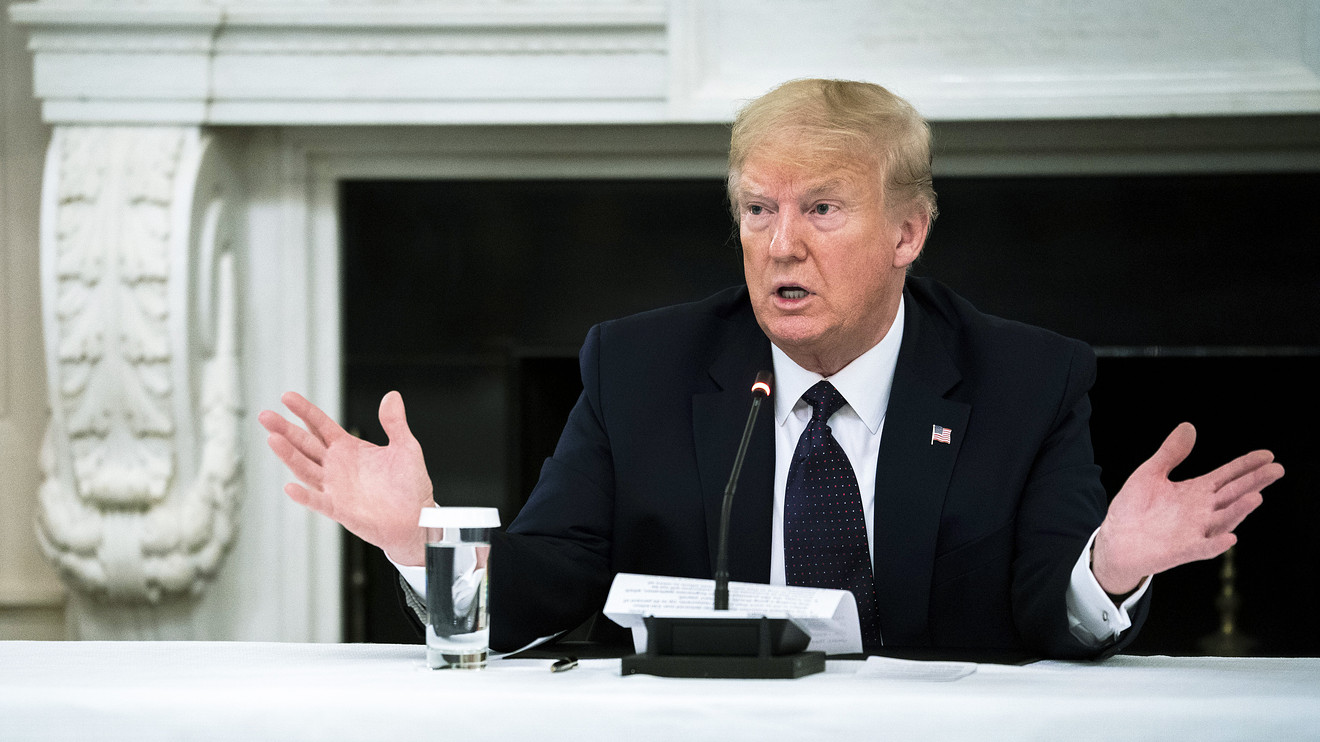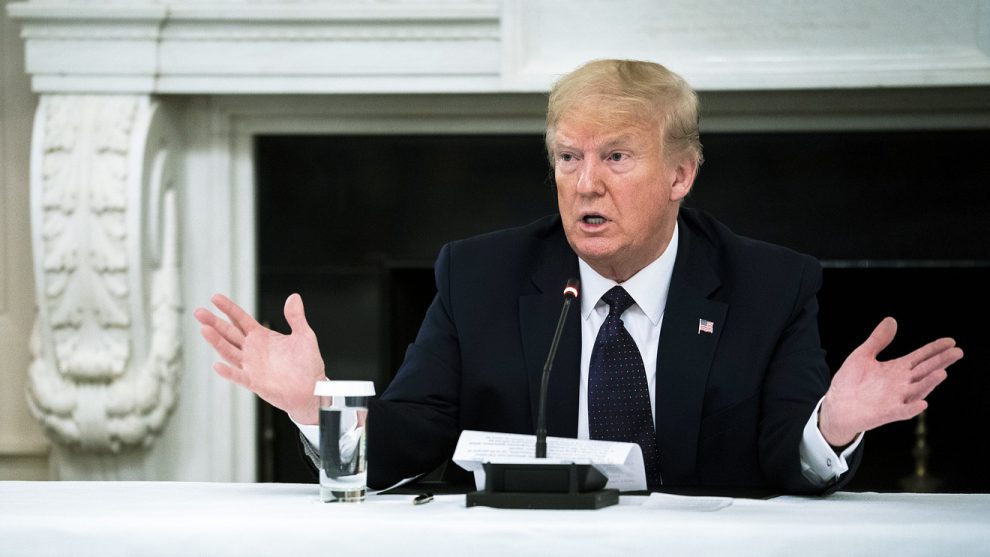
Recently Jared Kushner, President Donald Trump’s son-in-law and adviser, casually let slip that, while it’s not his decision to make, “I’m not sure I can commit one way or the other [to hold the election this November], but right now that’s the plan.” The implication was that Kushner believes someone else in the administration — perhaps the president himself — could decide to postpone the election, and that Election Day’s date, Nov. 3, is not set in stone.
Commentators were quick to point out that neither Kushner nor Trump has any legal authority to unilaterally postpone the presidential election and that it is possible Kushner, a neophyte who finds himself dangerously out of his depth, simply didn’t understand how his remark would be understood.
Kushner’s comment, though, is also a reminder that Trump does not believe ordinary rules apply to him. When Trump was a candidate for the presidency in 2016, he refused to say that he would accept the election results if he lost (and has disputed the popular vote even as he occupies the Oval Office). At the time, Republican strategist Steve Schmidt described this as “a moment of clear and present danger to our constitutional order, to the republic.” Scholars recognize the baseless refusal to accept legitimate election results as an authoritarian warning sign.
“ Trump will do whatever he thinks it will take to remain in office — if he can get away with it. ”
Now, as president, Trump has real power at his disposal. For Trump, rules are for the “little people” (to paraphrase his onetime Manhattan real-estate rival, Leona Helmsley). We should expect that Trump will do whatever he thinks it will take to remain in office — if he can get away with it. For example, Trump has suggested that former President Barack Obama and presumptive Democratic nominee Joe Biden should both be jailed. In ordinary times, it would be close to unthinkable for a sitting president to make such wildly unsupported claims — and, if one did, we would expect bipartisan denunciations of such threats. In our upside-down times, we know that Republicans will remain silent.
In planning for one possible contingency, legal scholars convened recently to discuss what would happen if the election results are disputed this year. The scholars are concerned about a possible “constitutional meltdown if [Trump] and his most strident partisan allies seek to disrupt or disregard counting votes and the transfer of presidential power.”
Read: Trump threatens Michigan, Nevada over mail-in voting
None of this is reason for despair. Indeed, there may be a tendency to overestimate Trump’s ability to dictate results. Just because Trump believes he can get away with something doesn’t necessarily mean he can. For instance, Trump tried to secretly pressure Ukraine’s president to announce an investigation into the activities of Joe Biden and his son in his country and thereby tip in his favor the dynamics of the 2020 election. But Trump was caught, he was impeached, and, even though he remains in office, the scandal cast yet another cloud over his troubled presidency.
Just as it is a mistake to see Trump as an all-powerful figure who can undermine elections at his whim, it is also a mistake to ignore the threat Trump poses. Clearly he does not feel bound by norms or even rules that support U.S. constitutional democracy. We also know that the systemic checks we generally assume will function to set limits on presidential power have often not worked when it comes to Trump.
We know who Trump is and what he is capable of trying. Accordingly, Americans should be on guard to defend U.S. democracy against the next steps Trump might take to undermine it. Regarding those potential actions:
- Reporters should ask Trump whether he thinks he has the authority to postpone the election, whether he still believes, as he did in 2016, that he does not have to accept the results if he loses, and whether he believes that Obama, Biden, or other political opponents can be jailed. The point is not that anyone should expect Trump to say the right thing — it is to get Trump on the record.
- Republican members of Congress should be asked the same questions. These could be hard questions for Republican senators in tight election races (e.g. those in Maine, Colorado and Arizona). Getting some Republicans on the record (perhaps beginning with Sen. Mitt Romney of Utah) to say that Trump does not have this authority would certainly help.
- Prominent Republicans who are not in office — for example, George W. Bush, Bob Corker or Nikki Haley — should express their support for our constitutional democracy. They should make clear to voters that Trump cannot postpone the election, cannot baselessly reject its results if he loses, and cannot order the jailing of political opponents. This could help put pressure on current Republican members of Congress and could send a message to the public that these are not ordinary partisan issues.
Our democracy does not function automatically, nor is it invulnerable to efforts to undermine it. Whether it succeeds and endures is up to all of us.
Chris Edelson is an assistant professor of government in American University’s School of Public Affairs. He is the author of two books on presidential power, and recently wrote a book chapter describing the problem of constitutional failure in the United States.
Read: This 2020 presidential forecast says Trump faces historic defeat due to terrible economy
More: Biden holds 11-point lead over Trump in new national poll











Add Comment